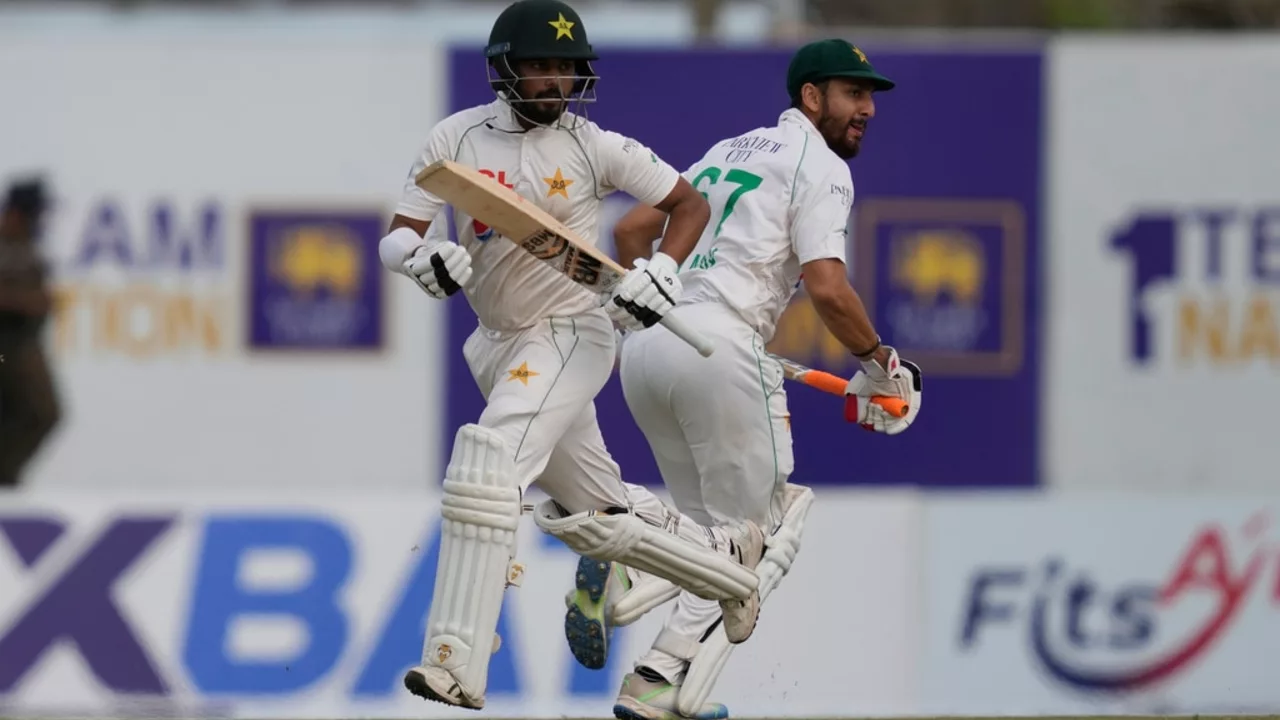
The Early Years of Roy Dias
Born in Colombo, Sri Lanka, on October 18, 1952, Roy Laddie Dias was a natural born cricketer. His journey into the world of cricket began at a young age when he joined the local cricket club. I remember reading about Dias's early years, about how he would spend countless hours polishing his batting technique and honing his cricketing skills. He was a dedicated cricketer from the start, always striving to improve and learn more about the game he loved.
Dias's talent didn't go unnoticed. He was soon selected to play for St. Joseph's College in Colombo, a prestigious school known for its cricket program. This was a significant step forward in his cricket career, giving him the opportunity to play against some of the best young cricketers in the country.
International Debut and Career
Roy Dias's debut in international cricket came in February 1982, during Sri Lanka's inaugural Test match against England. I was captivated by his performance; his elegant batting style and consistent scoring ability were truly impressive. Dias quickly established himself as a key player for Sri Lanka, helping the team achieve several memorable victories.
Throughout his international career, Dias played 20 Test matches and 58 One Day Internationals (ODIs) for Sri Lanka. His skill as a right-handed batsman was undeniable, scoring over 1,600 runs in Test matches and over 1,300 runs in ODIs. His highest score in Test matches was an impressive 109 runs, a testament to his talent and dedication.
The Captaincy Era
Dias's leadership abilities were recognized when he was appointed as the vice-captain of the Sri Lankan team in the mid-1980s. When the captain was unable to play due to injury, Dias took over the reins. His calm and composed demeanor on the field, coupled with his strategic thinking, made him a respected leader. Under his captaincy, the team achieved several notable victories, further cementing his place in Sri Lankan cricket history.
Despite the pressures of captaincy, Dias never let his personal performance suffer. He continued to score heavily, often leading from the front with his batting prowess. His leadership style was one of encouragement and support, always pushing his teammates to perform their best.
Retirement and After-Cricket Life
After a decade-long international career, Dias retired from professional cricket in 1993. But his involvement with the sport didn't end there. He took up coaching roles, sharing his knowledge and experience with the next generation of cricketers. He coached the Nepal national team for several years, helping them improve their game and achieve success on the international stage.
Today, Dias continues to be involved in cricket, serving as a commentator and analyst. His insights into the game, drawn from his years of experience as a player and coach, are highly valued by fans and players alike.
Roy Dias: A True Cricketing Legend
Reflecting on Dias's career, it's clear that he is a true cricketing legend. From his early years in the local cricket club to his international career and beyond, Dias has made significant contributions to the sport of cricket. His skill, determination, and passion for the game have left an indelible mark on Sri Lankan cricket.
As I look back on Dias's career, I am reminded of the power of hard work and dedication. His story is a testament to the fact that with talent, perseverance, and a love for the game, you can achieve greatness in the world of cricket. Here's to Roy Dias, a true Sri Lankan cricketing legend.
Legacy and Influence
Roy Dias's legacy in cricket extends far beyond his playing career. His contributions as a coach and commentator have had a profound impact on the sport, influencing countless cricketers and fans around the world. His passion for cricket and his dedication to nurturing young talent have made him a respected figure in the cricketing community.
Dias's influence on the game continues to this day. His insights and analysis are highly sought after by cricket enthusiasts, and his coaching techniques have been emulated by coaches around the world. His legacy is a testament to his love for the game and his commitment to its growth and development.
Leave a comments